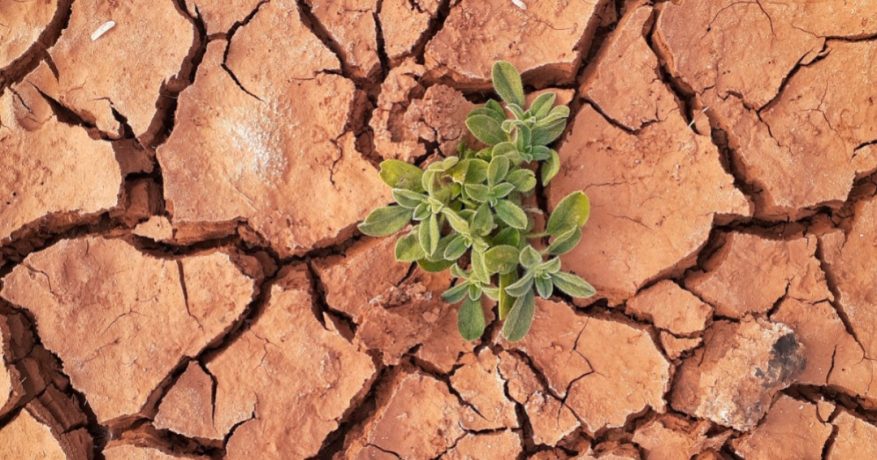COP27 may have ended, but now the real work begins, writes Tiwonge Ng’ona Kampondeni in her final post from the UN climate summit.
For nearly three decades, countries like Malawi, which contribute least to climate change yet are worst hit by its impact, have been calling for “loss and damage” funding.
At COP27, after much deliberation and negotiation, a breakthrough agreement was made at the 11th hour for a specific fund to help address the impacts on communities whose lives and livelihoods have been worst affected by the rise in global temperatures.
In Malawi, we have experienced increasing incidents of floods, cyclones and droughts. Communities have lost loved ones, homes, livelihoods, and even relatives’ gravestones as a result of drought and flooding.
For decades my country and countless others in similar positions have called for financial support to help us not only become more resilient to the impacts of climate change, but also to rehabilitate and rebuild after a disaster.
The decision to establish a funding pot that will support nations at their lowest hours is a welcome turning point, but now the hard work must start.
Of course, there are practical questions that need answering, in terms of where the money should come from and how it should be accessed and provided. But there is also the need to recognise the full extent of the physical, financial and psychological distress climate disasters are causing children, families and communities – something that is not easy to quantify or overcome.
Leaders must find a way to recognize and compensate at scale for both the tangible and intangible losses people have and continue to experience – whether it’s to help towns and communities rebuild vital infrastructure, to support individuals to access appropriate psychological care as they try to overcome their trauma, or to compensate communities that have been damaged culturally and socially.
In his address during the leaders’ summit at CoP27 Malawi’s President, Dr. Lazarus Chakwera, made it clear that leaders’ commitment to fighting climate change should be reflected in their actions.
“Until we feature a response to loss and damage in our battle plans, especially our battle plans against food insecurity, we cannot claim to have a winning strategy against climate change,” he said. “I implore you to give this serious weight, even if only because there is no one in this room or in your nation who will not need food today or tomorrow.
“Malawi has the capacity to grow the food we all need tomorrow, but we need support in strengthening food systems and providing for current incidents of climate-induced loss and damage. It’s a complex task but one the world needs to grasp, and quickly, because every day the poorest on this planet are living with the consequences of the richest nations’ failure to act.”
Read more: Tiwonge Ng’ona Kampondeni also wrote this news article for The AfricaBrief.

